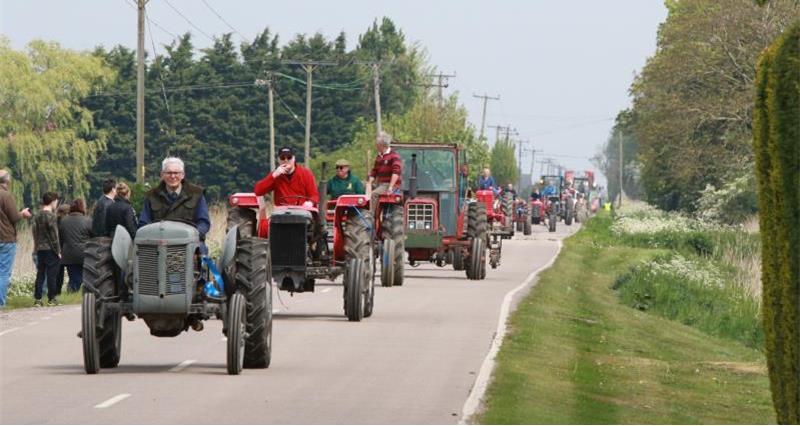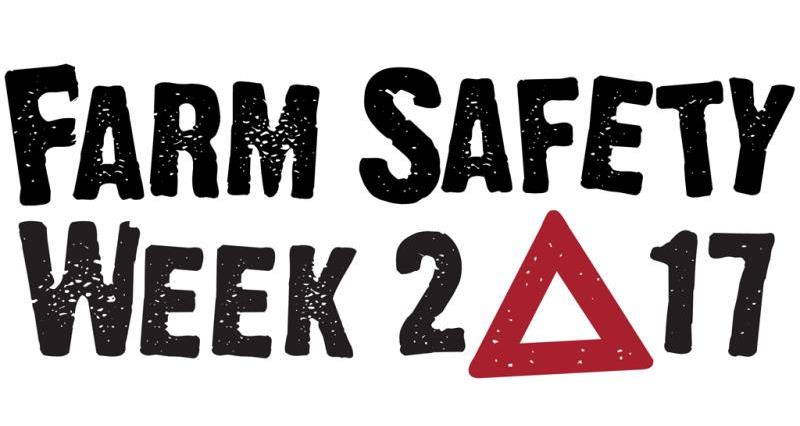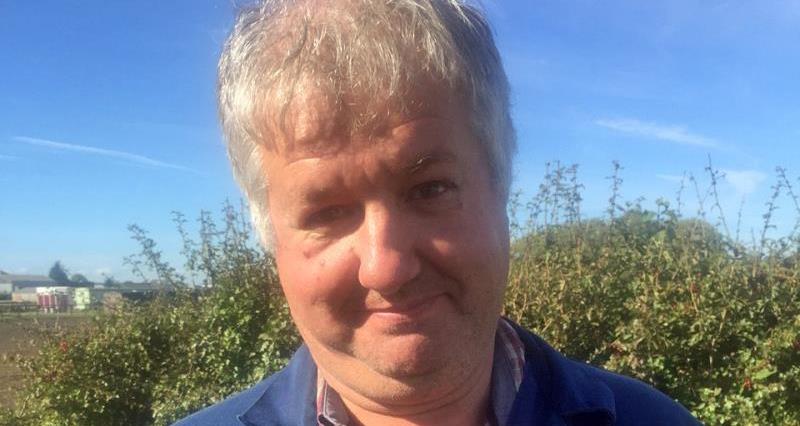Chris Chatfield, 58, was using a plasma cutter on a 50 gallon oil drum in his yard at Warboys, Cambridgeshire when the drum exploded, killing him instantly.
He was hugely respected within the farming community and, before his funeral at Fenland Crematorium, there was a parade of more than 60 tractors in tribute to him.
 Chris’s brother, Andy Chatfield, said the family wanted to speak out in the hope of preventing something similar happening to anyone else.
Chris’s brother, Andy Chatfield, said the family wanted to speak out in the hope of preventing something similar happening to anyone else.
“Chris was an amazing engineer and he was a problem solver as well. If he couldn’t get the part to fix something he would make it,” he said.
“This was always his busiest time of year, working so many hours during the harvest to keep farmers going.
“The wide-reaching impact of his death has reverberated across the Fen and farmers are puzzling about what they are going to do if something goes wrong. They knew that if they had a problem, and they went to Chris, it would be sorted.”
The HSE is investigating the accident, which happened on 21 April. Mr Chatfield said that Chris was converting oil drums into pheasant feeders for the local shoot when the explosion occurred.
“Chris had already cut two of the supposedly-empty drums. When he cut into the third drum, for some reason there was a massive explosion and he was killed instantly. The HSE is now trying to determine what was in the drum,” he said.
 The HSE has a leaflet, Deadly explosions during cutting of drums and containers, which highlights the risks involved when working with containers that contain, or have contained, flammable or combustible substances.
The HSE has a leaflet, Deadly explosions during cutting of drums and containers, which highlights the risks involved when working with containers that contain, or have contained, flammable or combustible substances.
It warns that ‘empty’ tanks and drums can still have residues in the bottom, in seams and other crevices. Just a teaspoon of petrol in a drum can be enough to cause an explosion, when heated and turned into vapour.
HSE advice is, where possible, to use cold cutting or cold repair techniques and to consider replacing rather than repairing.
If hot work is necessary, it advises that the risks should be avoided by using a specialist company or reduced by using methods such as gas-freeing, cleaning or inerting beforehand (replacing the air in the tank or drum by filling it with water or an inert gas, such as nitrogen). More information and advice is available at www.hse.gov.uk/safetybulletins/hotwork.htm
Mr Chatfield said: “My brother’s accident wasn’t a one-off and we are trying to stop anything like this happening to someone else. There are definitely steps people should take, and questions they should ask, before undertaking a similar task.”
